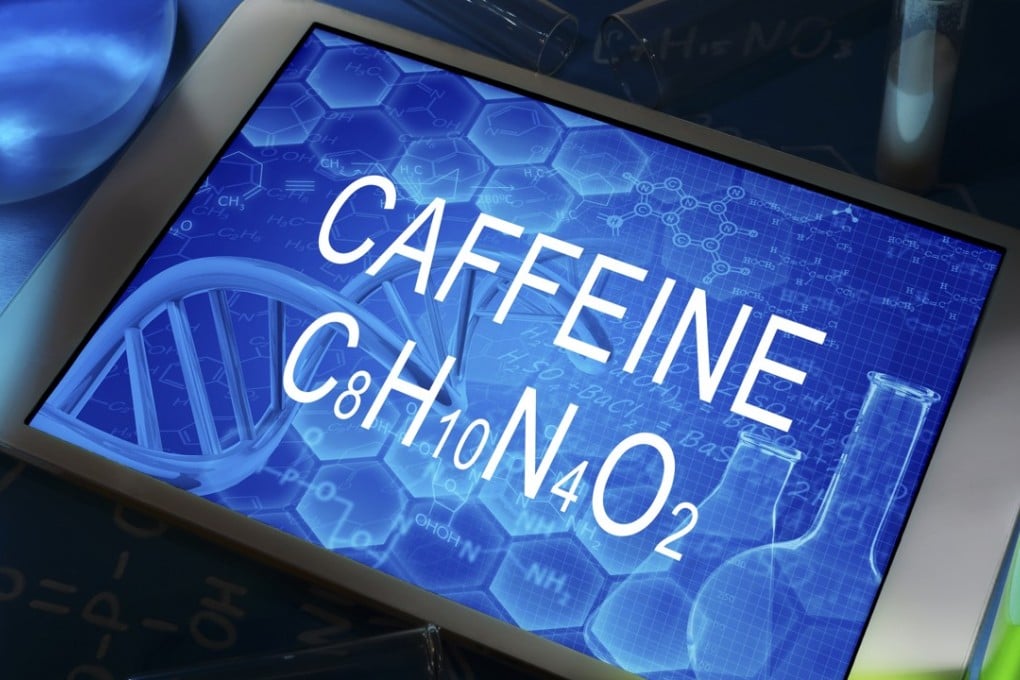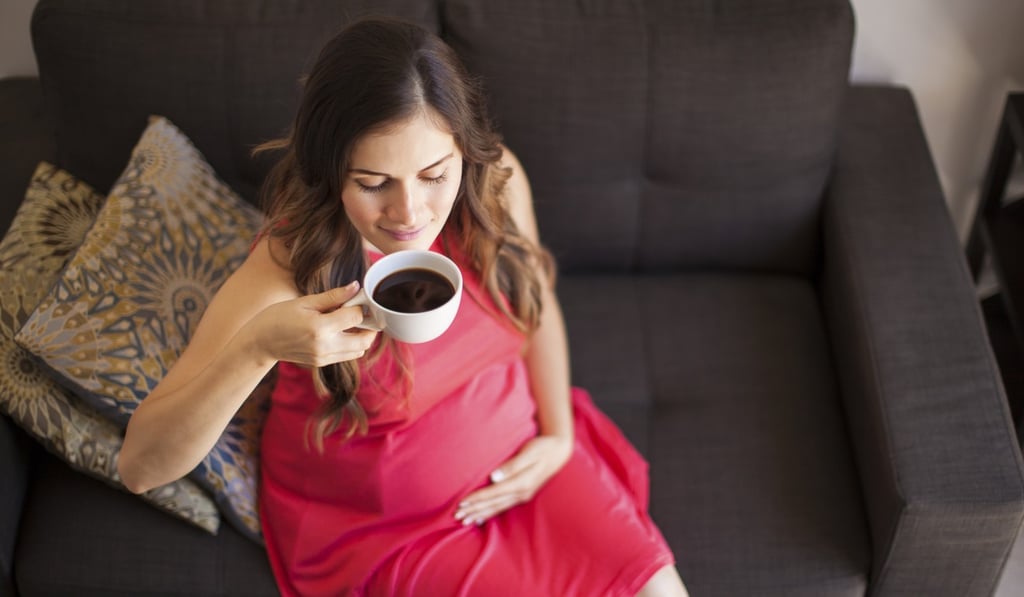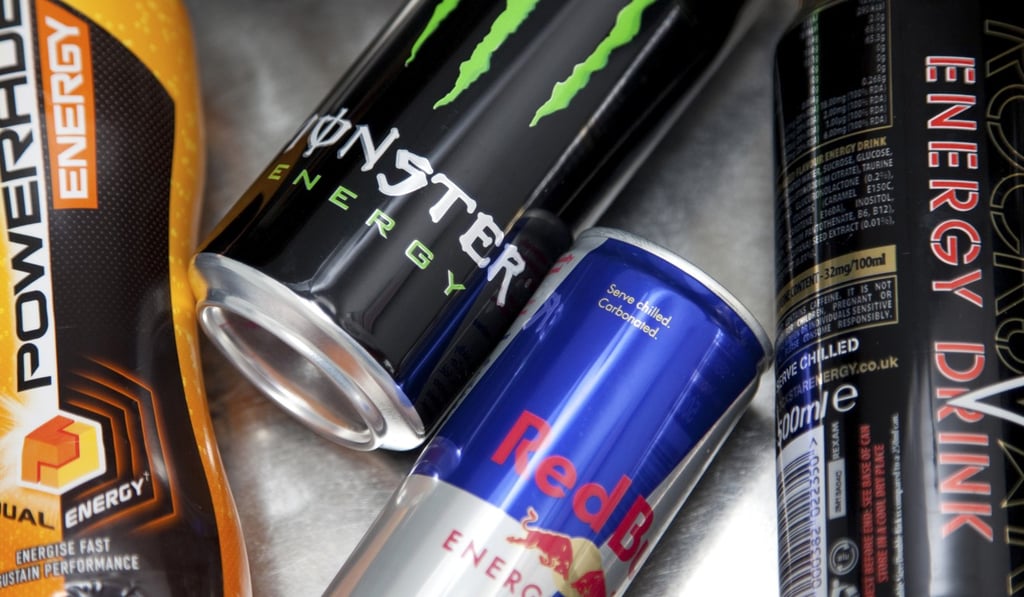How much caffeine and sugar is in Hong Kong’s favourite drinks? After teen’s recent death in US, you need to know
A cup of Hong Kong-style milk tea has five times as much caffeine as a can of Coca-Cola, and bubble tea isn’t much better; we compare caffeine and sugar levels in some of the city’s favourite drinks

In 2013, the Hong Kong government warned pregnant women they should have no more than 200-300mg of caffeine a day. Meanwhile, the city’s health department said that children should limit their intake to no more than 2.5 to 5mg per kilogram of body weight. An average 10-year-old boy weighs about 30kg, meaning they should not have more than 155mg of caffeine per day.

In healthy adults, a caffeine intake of 400 mg per day or less is considered safe, advises Hong Kong nutritionist Michelle Lau (of Nutrilicious). However, workers knocking back fresh coffee all day should note that each cup could contain anything from 100mg to 300mg of caffeine.
Lau cites nervousness, irritability and sleeplessness as side effects of excessive caffeine. She also says energy drinks should be limited to no more than one per day, and warns that caffeine should never be mixed with alcohol.
